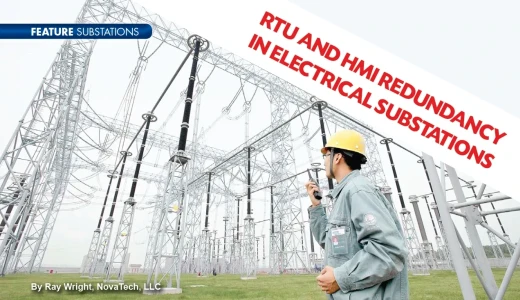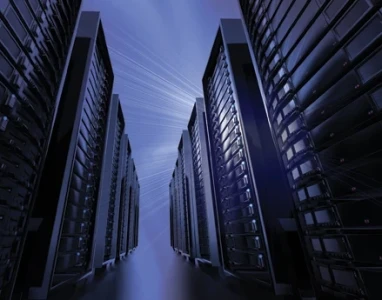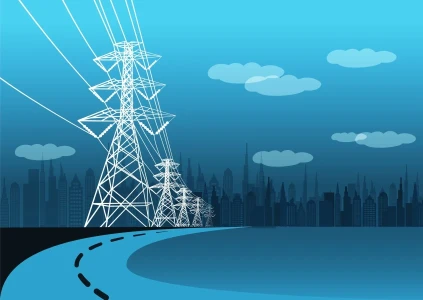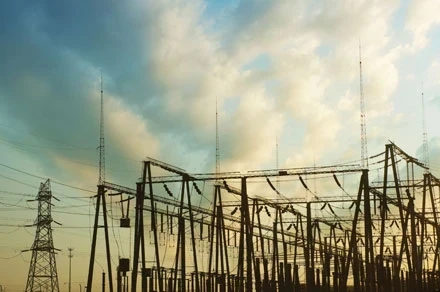The Smart Grid Prophecy

For years, industry publications have touted Smart Grid cost-benefit study results that show Smart Grid investments paying for themselves with reduced utility costs. The widely quoted report published by the Electric Power Research Institute, “Estimating the Costs and Benefits of the Smart Grid”, estimated benefits that are 2.8 to six times the cost of the Smart Grid investment.
According to these estimates and similar studies, Smart Grid investments are a perfect application of new technologies to reduce costs, transform utility business practices, provide grid control capabilities, enhance customer information and control of energy use, as well as provide utility cost savings sufficient to pay interest and principal—and even provide rate—relief to customers.
While a variety of metrics such as improved reliability and increased customer satisfaction can measure the success of Smart Grid investments, the one overriding measure of success is the extent to which Smart Grid projects reduce utility costs and, by extension, utility customer costs.
Nearly all utility Smart Grid projects have applied business case analysis to justify the significant investment costs required to implement and operate a Smart Grid system. The costs of smart meters have declined significantly over the years to slightly more than $100 per residential meter. However, communications upgrade costs, distribution system metering and controls, information technology (IT) and software costs, as well as customer program development and implementation can easily push the cost to $500 or even $1,000 or greater per meter depending on current utility infrastructure and the scope of the Smart Grid project.
These substantial costs and the complexity of fully deployed Smart Grid systems create a significant risk that actual business case outcomes will not meet targets identified in pre-project assessments.









